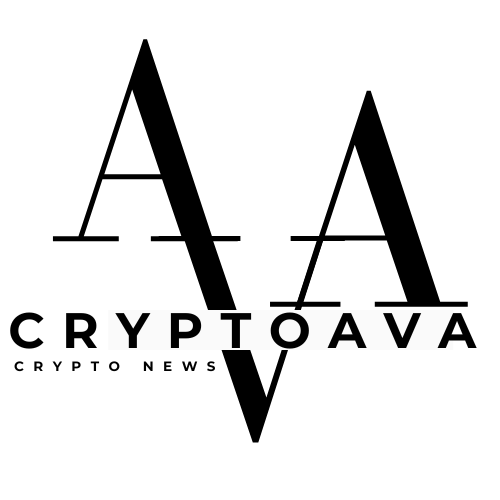Securitize, one of many largest tokenized asset issuers, and oracle supplier RedStone have launched a whitepaper they are saying introduces a brand new mannequin for securely verifying Internet Asset Worth (NAV) knowledge on-chain, tailor-made particularly for tokenized non-public funds.
The mannequin, dubbed the Trusted Single Supply Oracle (TSSO), is designed to handle a key hole in decentralized finance (DeFi) infrastructure: methods to reliably show that every NAV replace actually comes from the trusted supply — and hasn’t been tampered with as soon as it’s on-chain.
In conventional crypto markets, oracles pull knowledge from a number of worth feeds to protect in opposition to manipulation or errors. However for personal funds, the NAV is calculated by a single fund administrator. That creates a novel downside: there’s no solution to double-check the quantity by way of market aggregation. For DeFi protocols that depend on correct collateral values, this single level of belief has been a sticking level.
The TSSO framework solves this by making a cryptographically linked chain of NAV updates, in line with the whitepaper. Every replace features a safe digital signature, a timestamp, a reference to the earlier report, and a hash that locks the sequence collectively. The system makes use of two keys: a cold-stored “root key” for main updates and a “chain key” for small, routine modifications that keep inside tight thresholds. This design goals to steadiness excessive safety with the sensible must refresh NAV knowledge with out fixed handbook work.
“We have to ensure that we will absolutely authenticate the knowledge, that we will verify that nobody is compromising with the info, and we will solely depend on a single supply. That is why the entire course of must be taken to the subsequent stage – so that is the problem,” mentioned Jakub Wojciechowski, the founding father of Redstone, in an interview with CoinDesk.
In accordance with Wojciechowski, Securitize is taking the lead on the event of the product, “constructing kind of like an inner blockchain, which is a sequence with the worth updates,” he mentioned. “We all know that they won’t miss any single worth replace, as a result of the subsequent worth replace is cryptographically linked to the earlier one.” After that, “as soon as every thing is correctly signed, we collect the flexibility to confirm that the info actually comes from the supply.”
Tokenized funds are extensively seen as one of many subsequent massive progress areas for blockchain. However their success will depend on bridging the belief hole between conventional finance and crypto infrastructure.
Whereas nonetheless early, the hassle highlights the rising push to construct institutional-grade infrastructure for DeFi. If extensively adopted, fashions like TSSO might make it simpler for tokenized funds to combine with on-chain instruments.
Securitize mentioned that it’s already piloting TSSO with a few of its shoppers, and that it hopes to make important progress and have it extra extensively obtainable quickly.
“That is open to the business, however for Securitize, it’s extremely pure for the property that we’re coping with,” mentioned Jorge Serna, the Chief Product and Expertise Officer at Securitize. “We’ve got been issuing treasury funds and credit score funds for which both we are the switch agent or the fund admin or carry out each features, and we’re already, for these specifically, publishing the worth feeds by way of Redstone. And so that is one thing that undoubtedly we need to safe between Securitize and Redstone.”
Learn extra: Securitize’s Tokenized Credit score Fund Set for Solana DeFi Debut as RWA Pattern Expands



